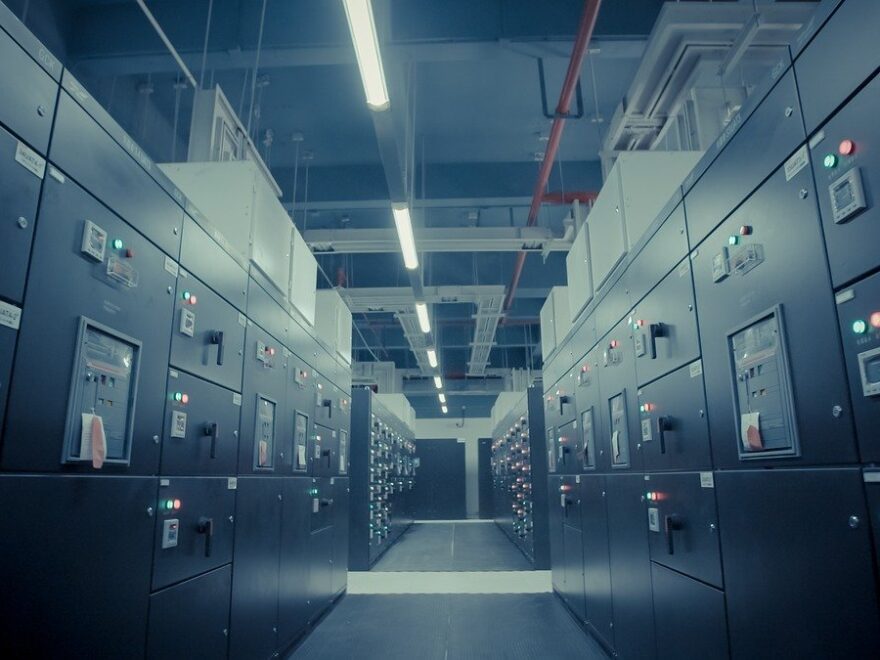All businesses collect data, and these data are essential for different functions within the business. A business must be able to store these data safely, access them whenever they are needed, and ensure that the data center is efficient. When a business takes an “always on” attitude with regard to data access, it has to ensure that its data storage solution can handle it. For this, a business must take considerable care when designing and building out a data center. Below are four key considerations to think about when designing a data center for your business.
Proper Cooling
A data center produces a lot of heat and thus will require cooling. Cooling a data center is tricky because, if you do not do it right, the cost of cooling can exceed the cost of running the main server equipment. Controlling airflow and active airflow management are key strategies to ensuring the data center remains cool and its cooling can adjust according to the prevailing conditions.
Cabling and Wiring
Your data center will need power, a way for all servers to talk to each other, and a way for people to access the data center. For the power, getting an electrician to do the wiring for you will be essential. This is because you want them to install the primary as well as the backup power options so your data center never goes offline.
A qualified and experienced electrician will help you gauge your power needs so that they can ensure your wiring can handle it, and you have as many points of power access as you need.
The second consideration is data cabling. Most data centers use fiberglass cables for their data centers and so should you. Because these cables are very fragile, they need to be protected and this is done by using a conduit.
Fiberglass is one of the most popular materials for data center cabling because it is affordable, flexible, resistant to heat and fire, UV-stable, and can be customized according to a business’s needs.
Set Up Analytics and Reporting
If you have a data center with more than a few racks, it might be difficult to keep up with everything going on within these racks. Analytics and reporting will give you all the information you need about the data center including its power usage, cooling, networking, and more so you can keep up with all of it. You can also set up alerts for equipment failure or less than optimal performance so you can optimize your servers to get the most out of them.
Remote Monitoring
Remote monitoring includes things like the alerts we have described above and so much more. It tells you much more than just equipment failure and suboptimal performance. A single error or failure can cause serious issues and remote monitoring helps you know about these errors before they cause serious issues.
If you are serious about getting a data center for your business, you should take its design very seriously. You should ensure it is designed well and has enough power and cooling for the equipment you have. Also, ensure you set up remote monitoring to keep an eye on things when you are not around.

